Chicago Industrial Market Outshines the Rest of the Midwest
Read the latest update on the metro, based on CommercialEdge data.
Chicago’s industrial market had a strong start this year, recording the largest sales volume across Midwestern markets and the second-largest nationwide year-to-date through February. Below, we’ve compiled CommercialEdge data for a current overview of the Windy City’s industrial market performance.
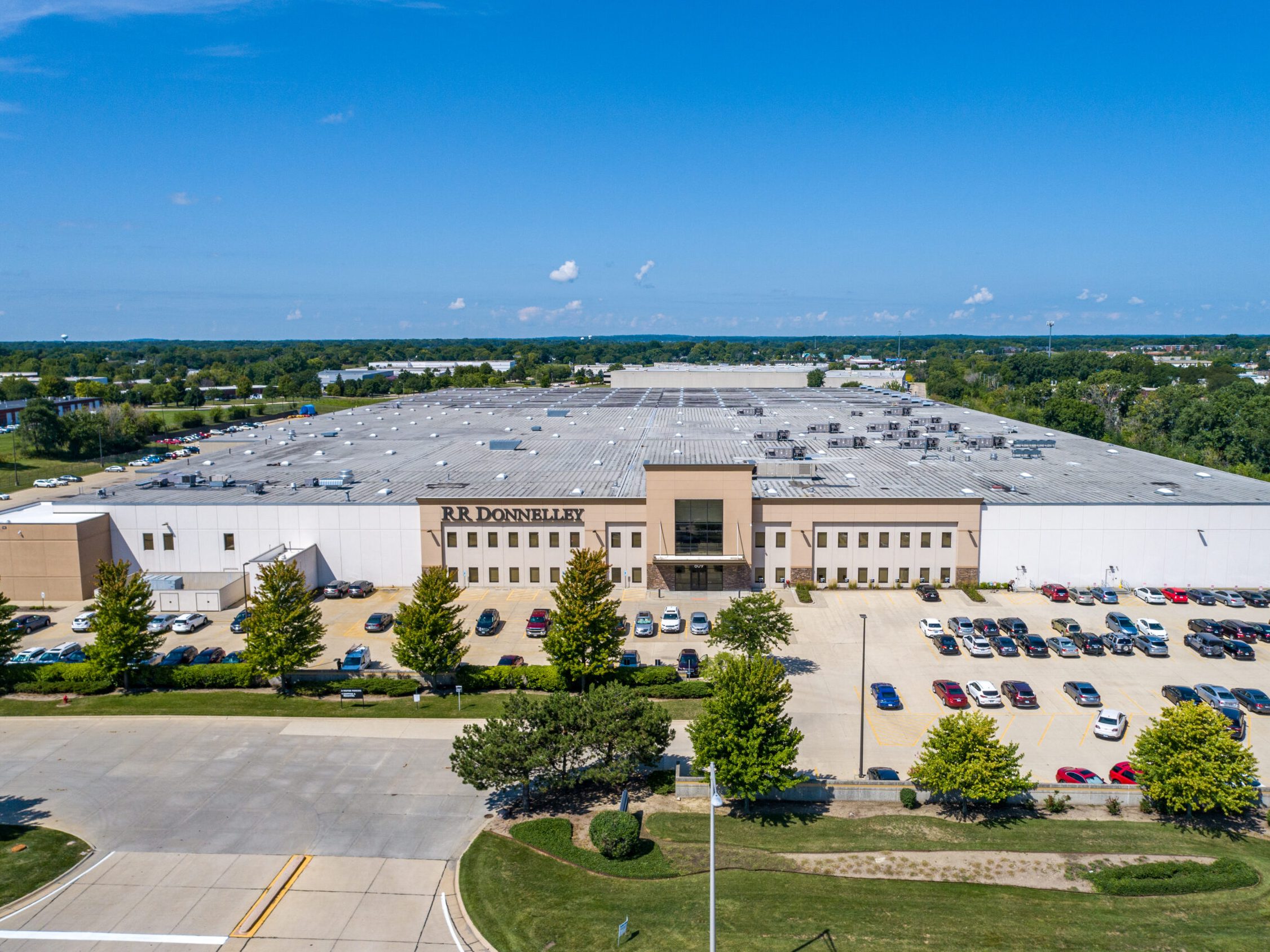
Benefiting from its central location, robust rail and airport systems, Chicago is becoming an ideal hub for freight consolidation, distribution and cross-docking services.
The metro recorded industrial sales amounting to $435.2 million in the first two months of 2024. Additionally, Chicago had the largest under-construction pipeline in the Midwest, with approximately 11.4 million square feet of industrial space underway.
A leader in industrial sales
Chicago registered the largest sales volume in the Midwest and the second-largest nationwide, with industrial sales amounting to $435.2 million in February, according to CommercialEdge data. A total of 50 properties changed hands within the metro, totaling 6.4 million square feet. By comparison, Chicago saw roughly $111.2 million in industrial sales in the same period of last year.
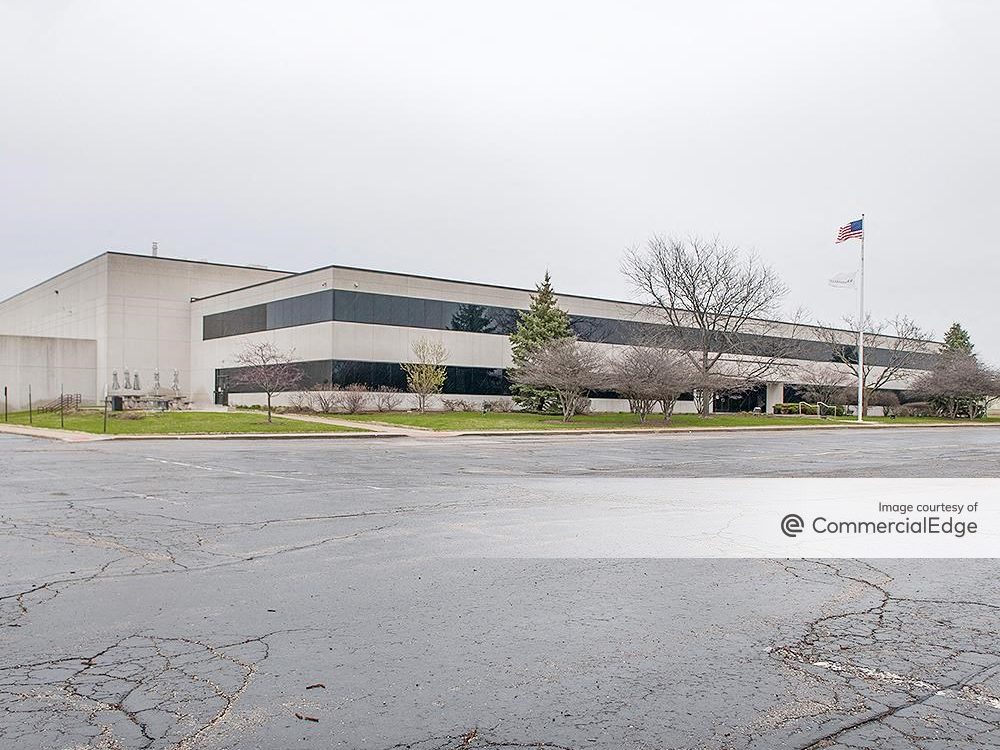
When it comes to the average price per square foot in February, Chicago’s $97 lagged other peer markets, while Los Angeles ($320), the Bay Area ($274), Seattle ($256) and New Jersey ($249) were the priciest metros.
At the beginning of this year, VK Industrial VI LP—an acquisition fund managed by Venture One Real Estate and Kovitz Investment Group— expanded its footprint in the metro with the $50.2 million acquisition of a 785,181-square-foot, two-building industrial portfolio located at 609 S. Kirk Road and 1750 Wallace Ave. in St. Charles, Ill.
In 2023, the metro’s sales volume amounted to $2.1 billion, with 241 properties trading at the average price per square foot of $89.21. Among peer markets, New Jersey ($2.6 billion) and the Inland Empire ($3.8 billion) recorded higher total sales volumes.
Largest pipeline in the Midwest
Chicago also had the largest under-construction pipeline in the Midwest as of February, CommercialEdge data shows. Approximately 11.4 million square feet of industrial space across 32 properties was under construction within the market—representing 1.1 percent of total stock, below the national average of 2 percent. This is a major increase when compared to the same period last year, when 1.2 million square feet were underway.
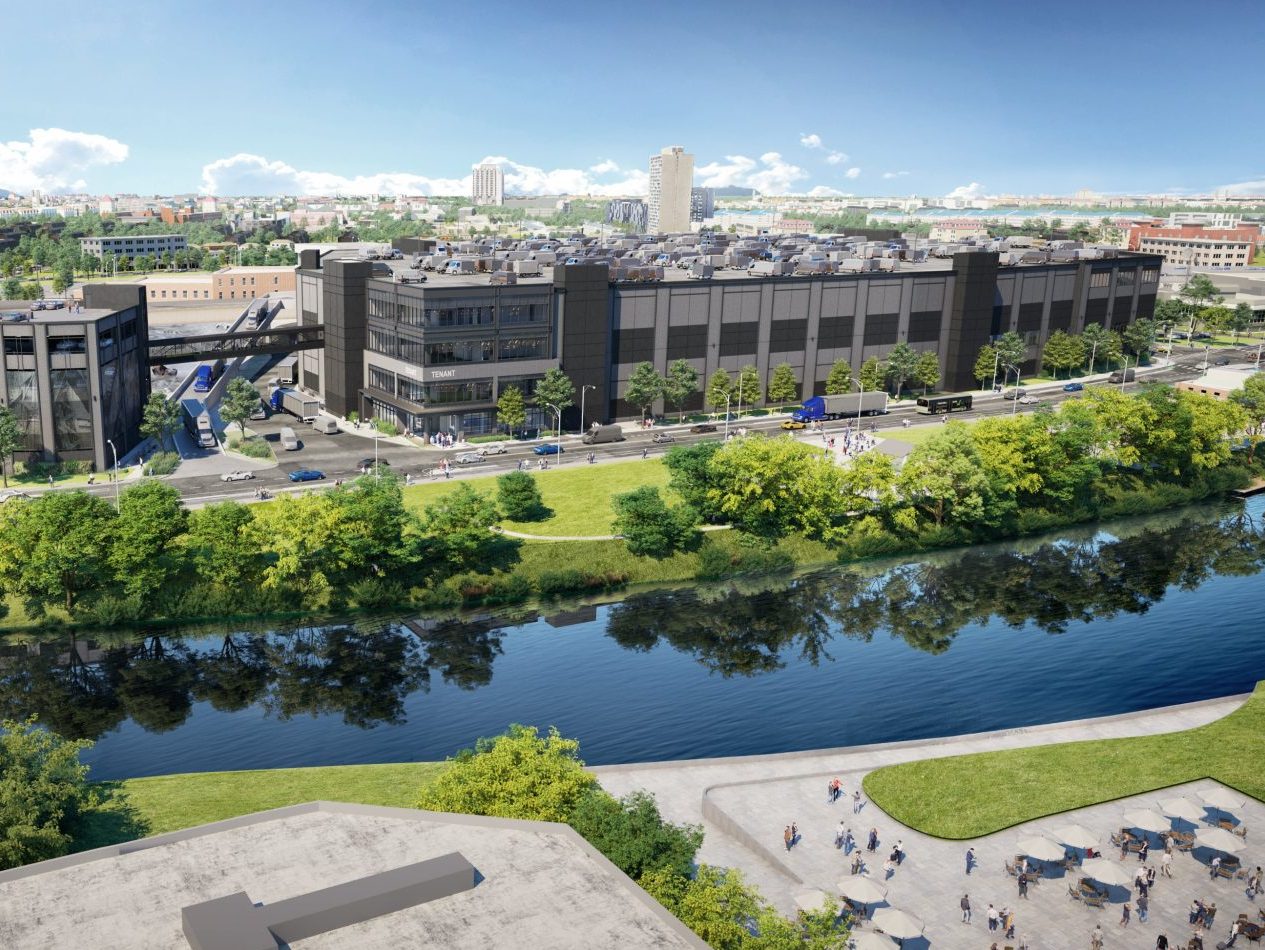
Among peer markets, New Jersey (1.3 percent), Indianapolis (1 percent) and The Inland Empire (1.4 percent) had similar pipelines, while Phoenix (10.9 percent) reported the highest figure.
In the first two months of this year, only three properties amounting to 440,400 square feet of industrial space broke ground.
Logistics Property Co. is expected to deliver soon the first multi-story industrial project in Chicago. After the acquisition of land for the logistics campus and the city council’s approval for the approximately 600,000-square-foot facility, the developer secured $150 million in construction financing for the development of 1237 West Division.
Maintaining a consistent delivery pace
Year-to-date through February, 12 facilities totaling around 5.6 million square feet—0.5 percent of total stock—were completed. The numbers are similar with the ones recorded in the same period last year, when approximately 5.3 million square feet of industrial space was delivered across 18 properties (0.5 percent of total stock).
In 2023, a total of 78 properties comprising more than 28.9 million of square feet came online within the Chicago market, accounting for 2.7 percent of total stock—lower than the national average of 3.1 percent.
Bridge Industrial has recently completed the 669,914-square-foot Building and the 707,953-square-foot Building 3 of Bridge Point Melrose Park, a cutting-edge industrial campus that will exceed 1.5 million square feet in the coveted O’Hare submarket in Melrose Park, Ill.
Vacancy rates exceed national average
As of February, 5.2 percent of industrial space was vacant within the metro, 20 basis points higher than the national average. However, Chicago was second on the largest vacancy rate list, following the Inland Empire (6 percent). Other markets recorded lower vacancy rates, such as Indianapolis (3.1) and Phoenix (3.2). In the same period last year, Chicago’s vacancy rate was at 4.4 percent, still higher than the national average of 3.9 percent.
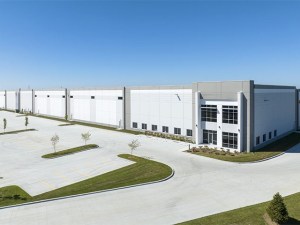
February’s average asking rate in Chicago stood at $6.00 per square foot, nearly $1.7 lower than the U.S. average. All Midwestern markets recorded asking rents below the national average of $7.68 per square foot, with Detroit ($6.79) and the Twin Cities ($6.77) coming the closest to the national figure. Chicago and St. Louis ($6.06 per square foot) were the only other Midwestern markets to hit or exceed the $6 per-square-foot average.
In one of the largest recent industrial deals in Greater Chicago, Crow Holdings signed a full-building lease with a major e-commerce company at 9850 Mississippi St. in Merrillville, Ind. The more than 1 million-square-foot industrial facility came online last September as part of the 195-acre Silos at Sanders Farm master plan.

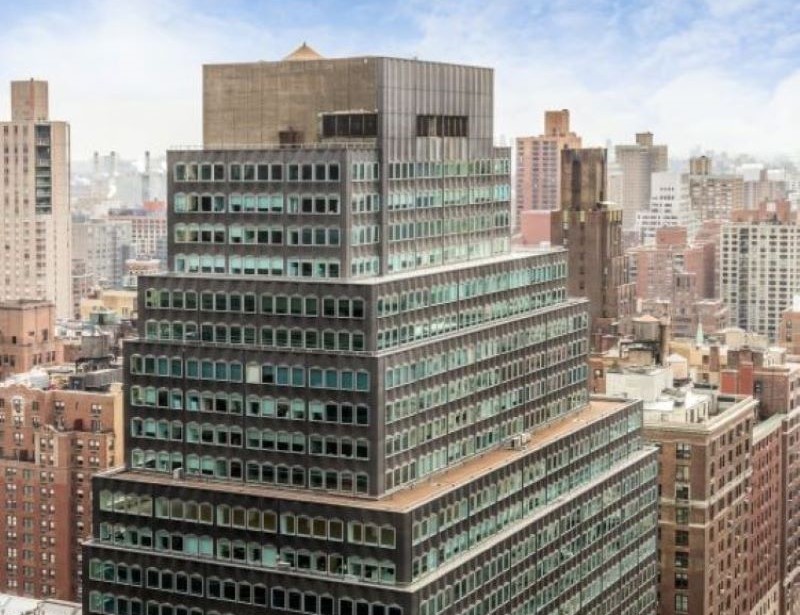

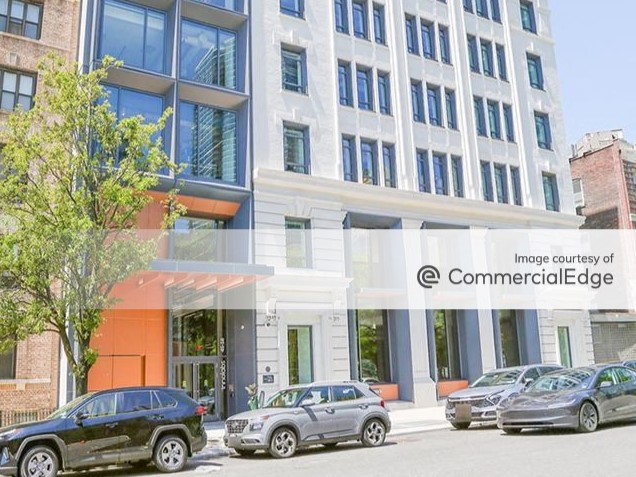
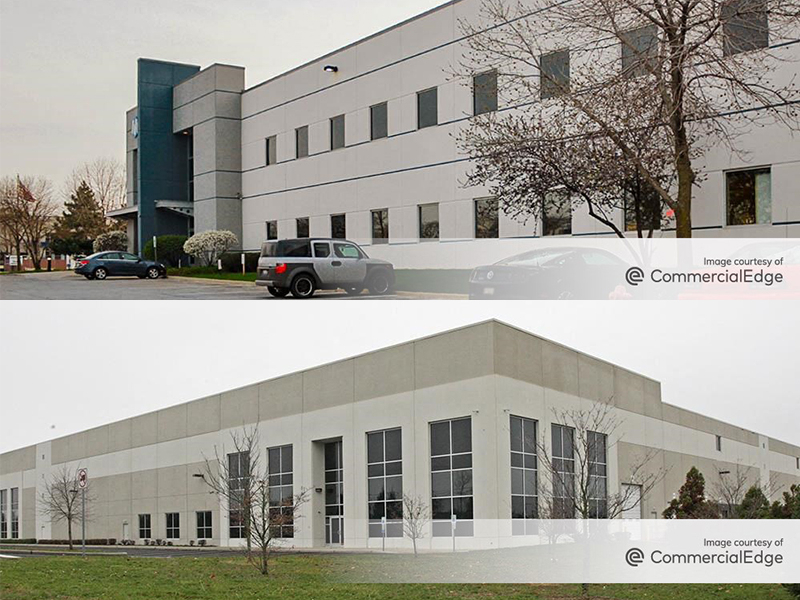
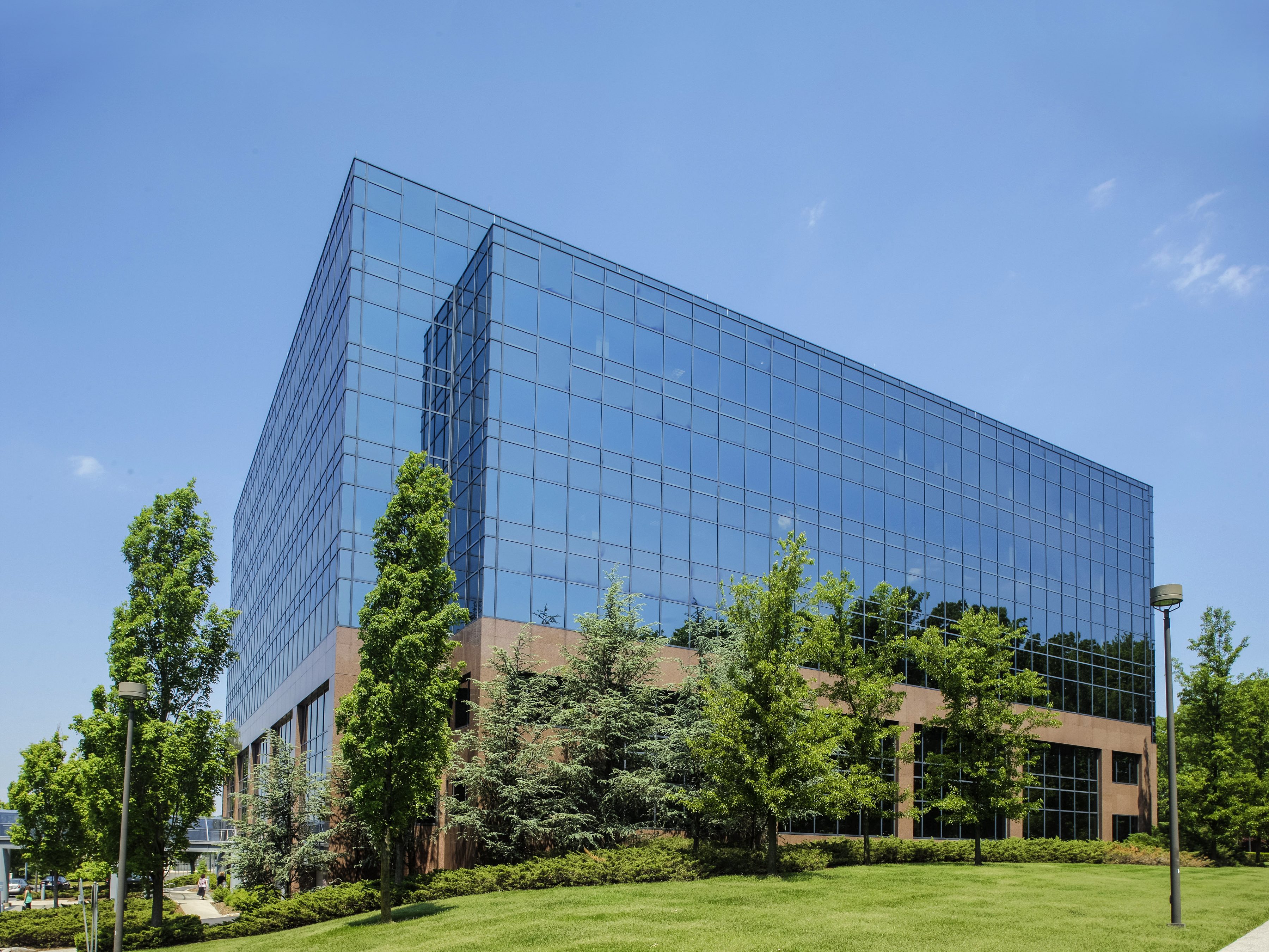
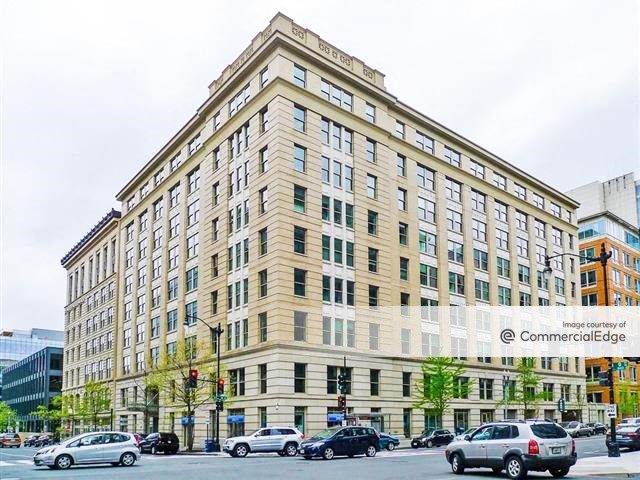
You must be logged in to post a comment.